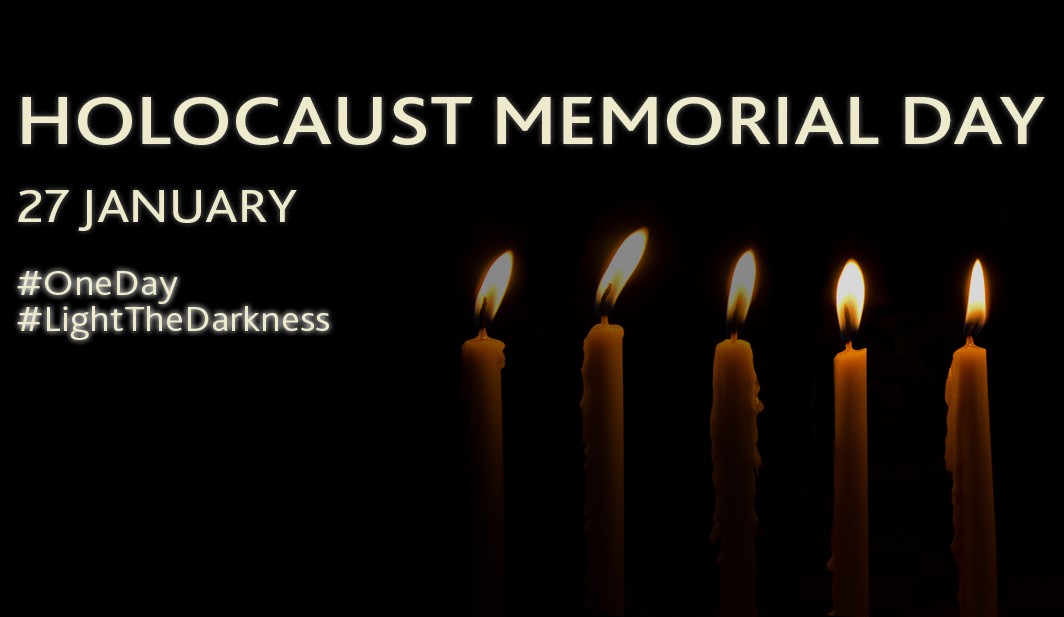
27 January 2022 (Crete, Greece) – International Holocaust Remembrance Day was designated by the United Nations to be 27 January, the anniversary of the liberation of Auschwitz-Birkenau. It is a day for everyone to reflect on and honor and remember the six million Jews murdered in the Holocaust, and also the genocides which followed in Bosnia, Cambodia, Darfur and Rwanda.
Over the last 5 years I have been involved in a film project that has been the most challenging of my career: a deep dive into the political uses of genocide and massacre, as seen through the life of Jacques Semelin, one of the world’s leading authorities on the subject. I’ve come full circle. When I became involved in war crime investigation work about 14 years years ago, I was introduced to Jacques’ work. My mentors told me he was the seminal authority on massacre and genocide.
The work has involved 100+ hours of interview time with Jacques plus numerous other genocide authorities, and allowed me unfettered access to the two Holocaust memorials in Paris, the Holocaust memorial in Washington DC, a trip to the death camp at Auschwitz, and an upcoming trip to Yad Vashem. But it also includes study of the genocides in Yugoslavia and Rwanda. What started as one film has now resulted in a series of films.
Genocide is the most disturbing example of dehumanization‘s destructive power. Dehumanization fuels the worst brutality that human beings perpetrate against one another. It’s not just a problem of the modern industrialized world. It’s haunted humanity from millennia. We find traces of it in writings from the ancient civilizations of Egypt, China and Mesopotamia – in Medieval European characterizations of Jews and Medieval Arabs’ characterizations of black Africans, and far-flung indigenous cultures such as the head hunting Munduruku people of Brazil who referred to their human pray as pariwat, a word that’s otherwise reserved for game animals.
To mark Holocaust Memorial Day, I offer two items:
• A poem by Matilda Olkinaitė from an anthology in my library, Poetry of the Holocaust (2019). Matilda Olkinaitė, aged nineteen, was shot by local Nazi collaborators, together with other members of the two Jewish families in the Lithuanian village Panemunėlis. Poems such as this enable us to hear the voices of those who were murdered because they were Jewish, or disabled, or who opposed the Nazis on religious or political grounds.
• One of the videos in my series entitled “The coronavirus is not the Holocaust”.
ALL THE SKIFFS HAVE FOUNDERED
Matilda Olkinaitė
All the skiffs have foundered
And mine will sink as well.
Death is wading
Through troubled waters.
And Death bade me
Sing my final hymn.
And Death bade me
Dance my final dance.
And so I sing my hymn
To the seagulls and the swells.
The azure heavens listen,
And I sing to them too.
And the sea carries my skiff
Through a window,
Carries me away to sleep,
And will pull me under.
Tonight Death wanders
Through restless waters.
The sun has sunk already
And my skiff will sink as well.
Translated from Lithuanian by Laima Vincė
During the past two years, across social media, I have read pieces comparing coronavirus to the Holocaust. I have seen anti-vaccine activists suggesting things are worse for people living under Covid restrictions and mandates than they were for Anne Frank, the teenager who died in a Nazi concentration camp after hiding with her family in a secret annex in an Amsterdam house for two years. Fox News host Tucker Carlson compares vaccine mandates to “Nazi experiments”. It is reprehensible, offensive and ignorant.
Holocaust survivors have screamed across social media to say “Stop. Please stop. There’s no way you can compare the Holocaust to this. Six million Jews were killed. We can not compare that to this”. Worldwide there are an estimated 400,000 Holocaust survivors left.
There are lessons that tragedy can teach us. As we cope with the coronavirus pandemic and its aftermath, there is a lot to learn from those who have already survived the unthinkable. I began writing a post about this as a tie-in to my documentary series but I thought a video essay was more appropriate. It’s only 4 minutes long and will be one of several short video essays to come this year as various events compel me to film rather than write: